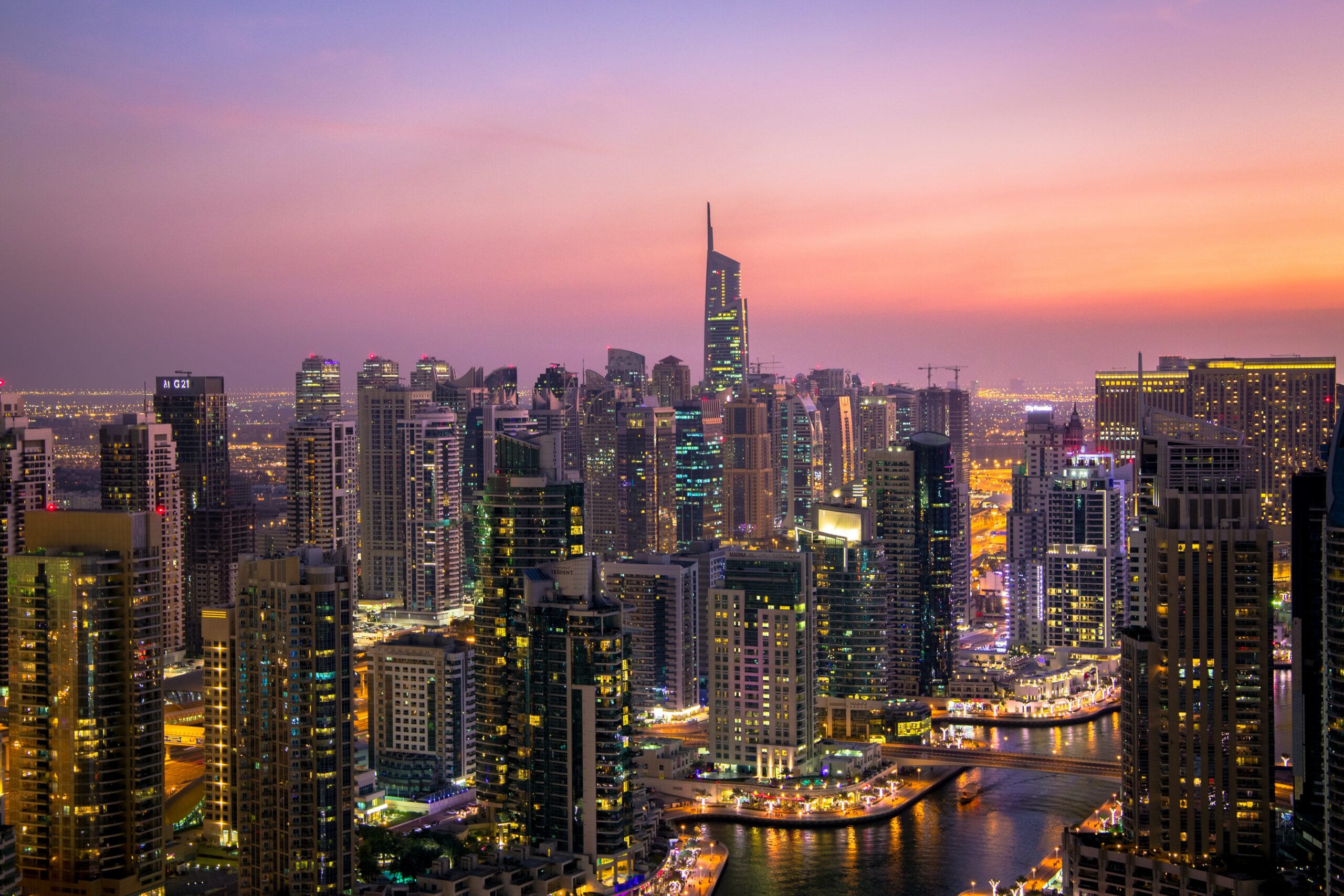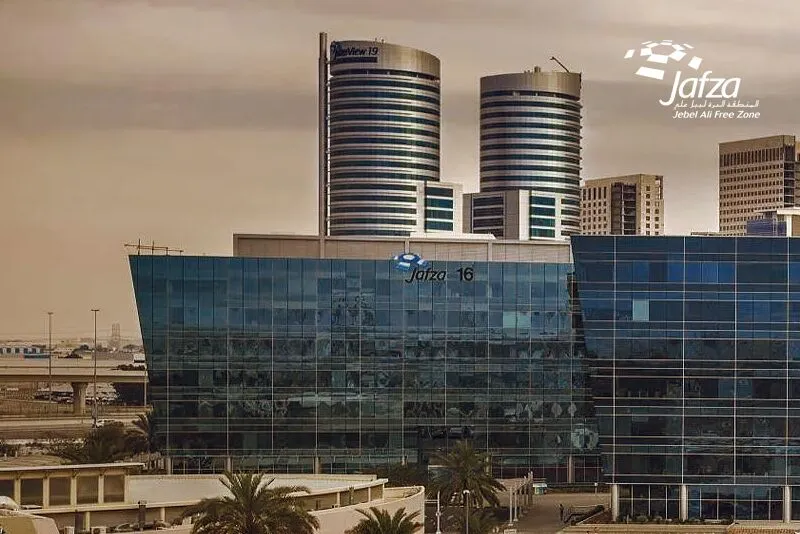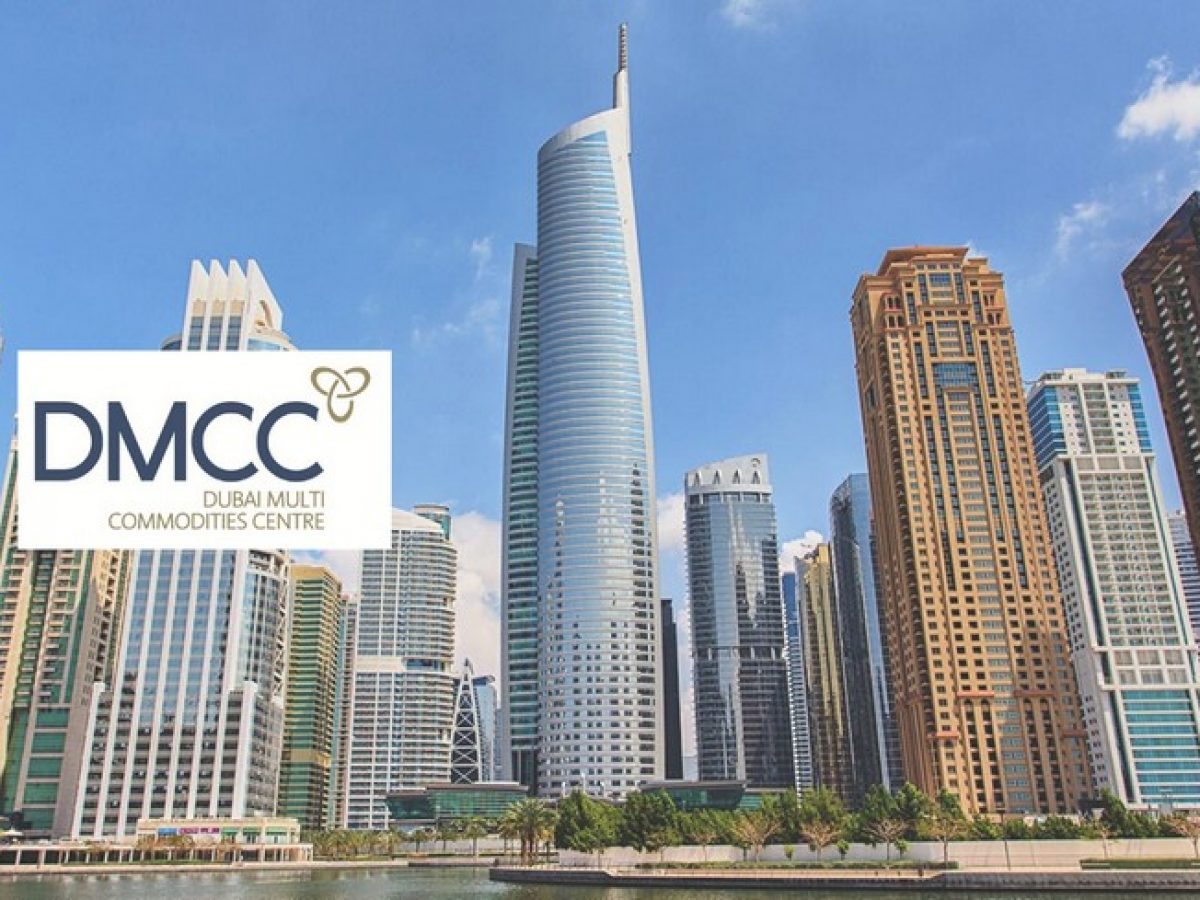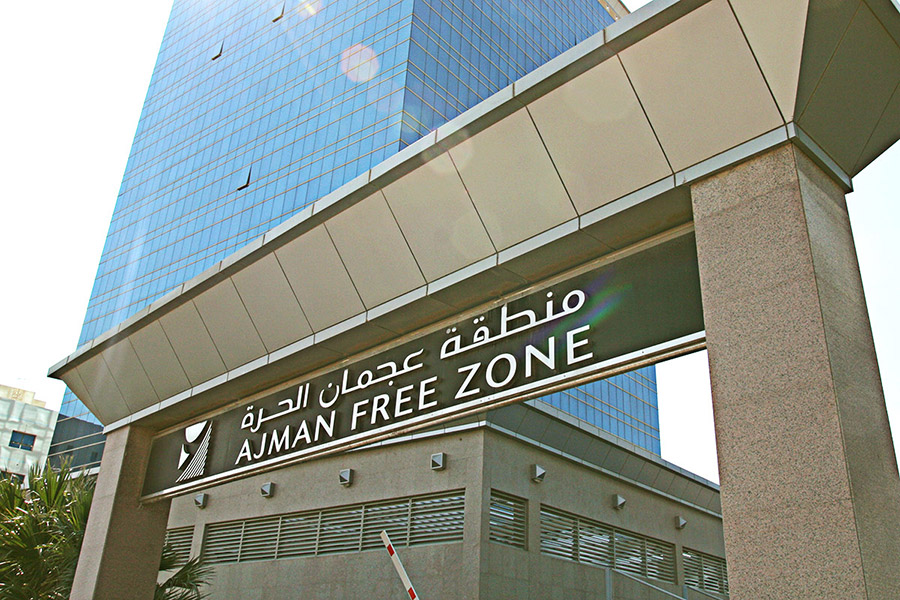
Freezone Business Setup UAE
Freezone business setup offers entrepreneurs a unique opportunity to establish their companies in designated economic zones with streamlined regulations and incentives. These zones provide an environment conducive to business growth, offering benefits such as 100% foreign ownership, tax exemptions, simplified licensing procedures, and access to world-class infrastructure. With their strategic locations and specialized facilities, freezones enable businesses to thrive in sectors ranging from technology and finance to logistics and manufacturing, attracting both local and international investors seeking to capitalize on the region’s economic potential.
Where to start your Freezone company setup in UAE?

JAFZA
Jebel Ali Free Zone (JAFZA) provides licenses for diverse businesses like trading, construction, logistics, and more. Its strategic location near Dubai International Airport and Jebel Ali Ports enhances accessibility. We specialize in assisting clients with JAFZA business setups.

DMCC
DMCC, established in 2002, is a leading free zone authority in Dubai, UAE. It specializes in commodities trading, including gold and diamonds, but also caters to finance, technology, and manufacturing sectors. With its strategic location and streamlined setup processes, DMCC is a top choice for local and international investors seeking business opportunities in the region.

IFZA
IFZA, based in Dubai, UAE, is a leading free zone known for its streamlined setup processes and investor-friendly environment. It offers flexible regulations, competitive pricing, and modern infrastructure, making it an attractive choice for businesses seeking to establish a presence in the UAE.

AJMAN
Ajman Free Zone (AFZ) is a leading free zone in Ajman, UAE. It offers modern infrastructure, strategic location, and streamlined processes for businesses across sectors. With competitive incentives, AFZ attracts local and international investors seeking lucrative opportunities in the UAE.
FAQ
What is a UAE free zone?
- UAE free zones are designated areas where foreign investors can set up businesses with various benefits, including 100% foreign ownership, tax exemptions, and simplified company formation procedures.
What are the benefits of setting up a business in a UAE free zone?
- Benefits include 100% foreign ownership, 100% repatriation of capital and profits, exemption from corporate and income taxes for a specified period, simplified import and export procedures, and modern infrastructure facilities.
What types of business activities can be conducted in a UAE free zone?
- UAE free zones typically accommodate a wide range of business activities, including trading, manufacturing, logistics, services, media, technology, and more. However, specific activities permitted may vary by free zone.
What are the steps involved in setting up a business in a UAE free zone?
- The process generally involves choosing a free zone, selecting a company name, applying for a business license, leasing office space or warehouse, obtaining initial approvals, submitting required documentation, and obtaining the trade license.
Can a UAE free zone company operate outside the free zone?
- While UAE free zone companies are primarily intended to operate within the free zone, they can conduct business outside the UAE with proper authorization and compliance with relevant regulations.
Are there any restrictions on hiring employees for a UAE free zone company?
- Free zone companies are typically allowed to hire both local and expatriate employees. However, there may be certain restrictions or requirements related to the number of employees, visa quotas, and eligibility criteria.
What are the ongoing compliance requirements for UAE free zone companies?
- Compliance requirements may include annual license renewal, submission of audited financial statements, maintaining proper accounting records, and adhering to employment and immigration regulations.
Can a UAE free zone company sponsor residence visas for employees and their families?
- Yes, UAE free zone companies are usually allowed to sponsor residence visas for their employees and their families, subject to meeting specific criteria and requirements set by the respective free zone authority.

